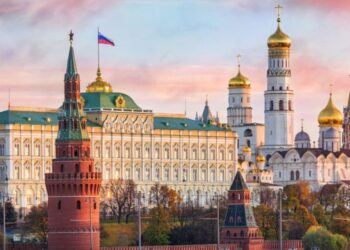Uranium, a chemical element with a U symbol and an atomic mass equal to 238 u, has an atomic number 92. Highly reactive in energy-creating processes, uranium is far more common than silver and gold, and may prove to be far more practical than any ‘precious’ mineral in meeting the long-term needs of our planet’s human population.
For our usage herein, ‘uranium reserves’ are reserves of ‘recoverable’ uranium, regardless of isotope, on the basis of a fixed market price. Considering that nuclear power plants are typically fueled by uranium, countries that have high reserves of uranium are able to benefit from the ever-increasing share of the nuclear energy sector within the global energy market.
Here are the top 10 largest uranium reserves in the world.
| Rank | Country | Uranium reserve |
| 1. | Kazakhstan | 304,000 metric tons |
| 2. | Canada | 275,000 metric tons |
| 3. | South Africa | 168,000 metric tons |
| 4. | Brazil | 156,000 metric tons |
| 5. | China | 102,000 metric tons |
| 6. | Mongolia | 50,000 metric tons |
| 7. | Ukraine | 41,000 metric tons |
| 8. | Tanzania | 38,000 metric tons |
| 9. | Uzbekistan | 37,000 metric tons |
| 10. | Russia | 25,000 metric tons |


































































































































































































